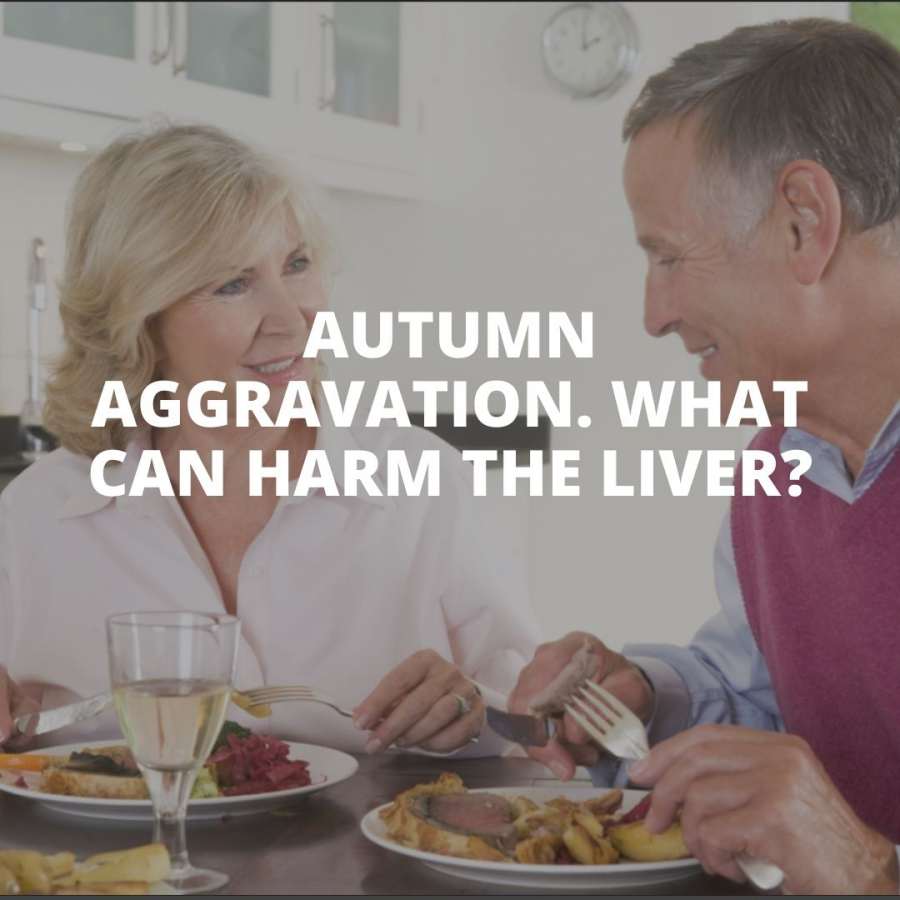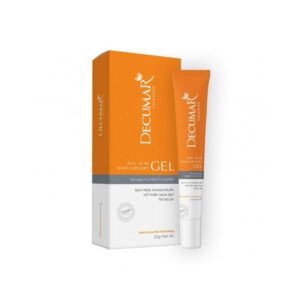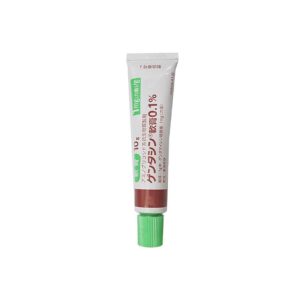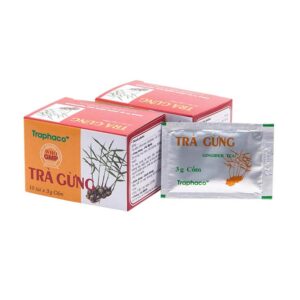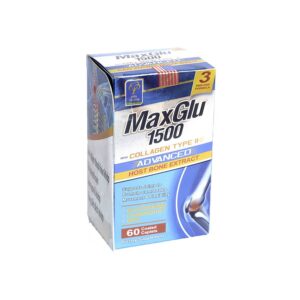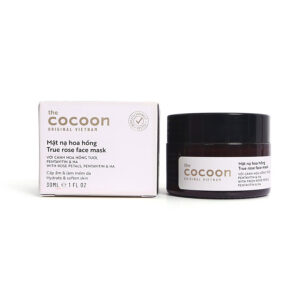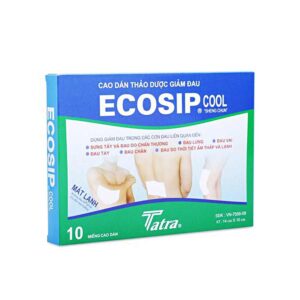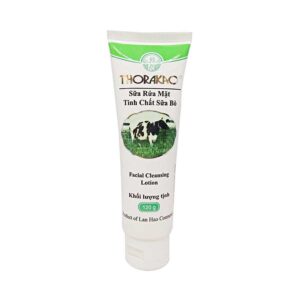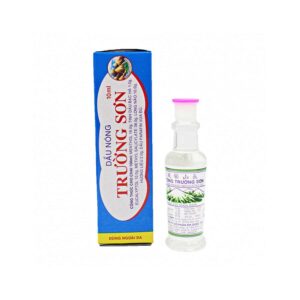A rich and bright summer is over, and gray and rainy weather, few people cheer up. For some, in the fall, everything falls out of hand, business is covered with a head, and the mood is terrible. Therefore, the decision to pamper yourself with something tasty and harmful seems to be the simplest and most correct. Others, on the other hand, after the vacation and the kilograms accumulated on vacation, on the contrary, go on rigid diets. All of this is harmful to our liver. Let’s figure out how to protect the main filter of the body in the fall.
Consequences of a strict diet
Many people, going to work after a summer vacation, worry that they relaxed and pampered themselves too much with various delicacies. In order to quickly get into working shape, women often begin to severely limit their diet. Some are looking for the most effective diets that guarantee a quick weight loss. They often promise a super effect – melting pounds in front of your eyes. But, alas, more often they deliver a super blow – right to our liver.
The fact is that during starvation or a rigid diet, too many fatty acids are immediately released into the bloodstream and pass through the liver. When you lose a lot of weight, the liver cells, hepatocytes, do not have time to oxidize them (break them down with the release of energy). As a result, excess fatty acid esters are deposited in the hepatocytes. This gradually leads to steatosis, a fatty liver disease.
Various fat burners, supplements and fitness supplements can also be dangerous. They contain dozens of active ingredients that are detrimental to liver health. As a result, along with a slim figure, you risk acute or chronic liver failure and liver obesity, leading to cirrhosis.
The consequences of overeating
With the onset of cold weather there is less and less desire to leave the house. Many people stop going to sports, walk in the fresh air, and move only from the office chair to the car seat. Often at the end of the day all thoughts are reduced to a delicious dinner and a glass of wine, which are designed to relieve the accumulated stress.
Sometimes we stop controlling ourselves and overeat. Because of overeating, fat “blobs” begin to appear in the liver cells. This can be the “trigger” for the development of fatty liver disease.
Consequences of Alcohol Consumption
Perhaps the decisive blow to the most patient organ of the digestive system comes from alcohol. As it passes through the digestive system, alcohol is absorbed into the bloodstream. And when the blood passes through the liver, the alcohol begins to break down. In the process of splitting, breakdown products are formed that can disrupt the integrity of the hepatocyte membrane.
How to save the liver
A balanced diet is the best aid in maintaining liver function. Various plant foods are considered especially good for it: avocados, bananas, barley, beets and beet juice, broccoli, brown rice, carrots, figs, cabbage, lemons and watermelons.
Another way to avoid failure of a vital organ is to add physical activity. This can be regular walks outdoors, swimming in the pool, or working out at the gym.
To help the liver to cope with the unpleasant consequences of the summer vacation and recover from damage to its cells can take artichoke in the form of tablets or in the form of tea.
When there are problems with the liver, the level of ademetionine, a vital amino acid produced in it, decreases. This results in the liver not being able to fully perform its functions, and biochemical reactions are slowed down. Ademetionine cannot be obtained from food, so taking this active amino acid.
Ademetionine affects liver cells from within. Taking artichoke tablets replenishes the level of ademetionine in the liver and promotes the removal of toxins from hepatocytes, the restoration of cell structure and energy potential, and normalizes metabolic processes and the outflow of bile. The drug can be taken only once a day. The effect can be achieved after the first week of taking it.
Read more articles:
How to recover quickly from a cold in 1 day
Basic knowledge of microgreens

